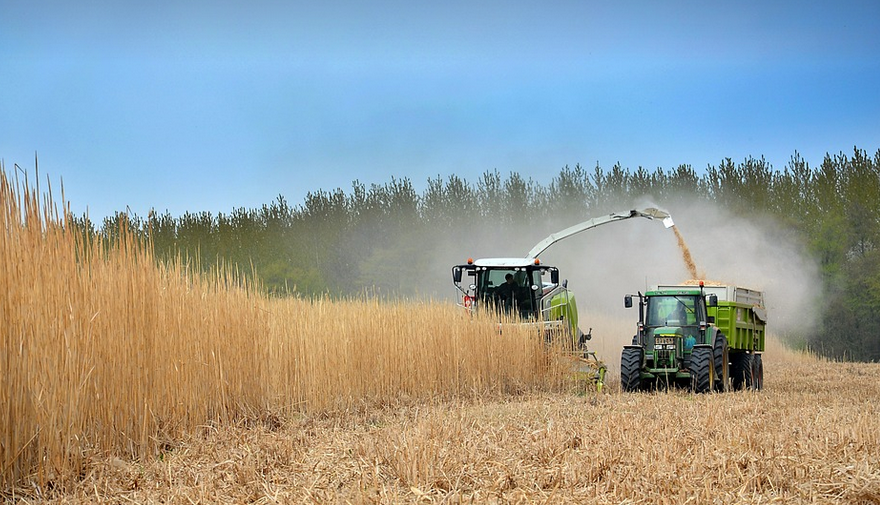The paper content is usually light and airy since it doesn’t contain any heavy or bulky materials. This type of recycling is a significant contributor to reducing deforestation by reusing old paper and turning it into new products like building material, packaging, and even new paper.
* **Plastic:** This bin will often be a different shade of blue if you have a dedicated blue-bin program. It’s essential to check the specific guidelines since some plastics are recyclable, while others pose a challenge for recycling facilities.
Look out for the iconic number on each plastic container – these numbers indicate what type of plastic can be recycled and where it needs to go. For example, the #1 plastic (PET or soda bottles) is often recyclable in this bin, whereas #2 plastic (HDPE or milk jugs) may require special handling.
* **Metal:** This bin typically stands out with its metallic color and might have a different labeling style depending on the city. The metal bins are usually for collecting cans and other metallic items like tin foil, aluminum foil, steel cans, and any other ferrous metals.
The metal recycling process is vital in our society as it helps to conserve valuable natural resources like iron ore and aluminum. It reduces pollution by reusing metals, thus minimizing the need for mining new ores.
**Beyond the Basics: Additional Points for Efficient Recycling** * **Electronics:** Davenport offers designated drop-off points for electronic waste (e-waste), such as laptops, smartphones, printers, and even bulky appliances. These items should be collected properly to prevent any hazardous materials from ending up in landfills and endangering the environment.
Recycling electronics is essential because it helps to protect our planet from electronic waste that can cause a significant amount of pollution. The process involves separating various components like batteries, circuits, and other metals so they can be used again for new products.
* **Bulky Items:** Sometimes, you may need to go beyond the regular three bins to recycle bulky items like furniture and large appliances.
Remember that if a bulky item is not recyclable through these bins, it’s usually best to contact your local waste management provider for disposal options. For bulky items like appliances or furniture, you would typically take them to designated drop-off sites or schedule with your city’s waste service for pick-up.
* **Composting:** In Davenport and beyond, composting plays a crucial role in reducing the amount of organic waste sent to landfills. It offers a sustainable solution for food scraps and yard trimmings.
For instance, if you have leftover fruit peels or vegetable scraps after cooking, consider utilizing your compost bin to divert them from ending up in a landfill. This can also be used as soil amendment.
* **Keep Your Bins Clean:** Properly cleaning the bins is crucial for maintaining efficient sorting and ensuring the success of the recycling process.
Remember to empty your bins on pickup day—a clean bin ensures that the recyclable materials will go through the sorting process more efficiently, leading to better quality recycled products.
**A Shared Responsibility: The Power of Collective Action in Davenport** You might be thinking that contributing to the city’s recycling program is a small act, but it’s actually quite impactful. Each individual contributes significantly when they take initiative by sorting their waste properly and using these guidelines for efficient recycling.
Davenport’s commitment to sustainability is not just about preserving our planet but also creating a more vibrant community with fewer environmental burdens. By understanding the city’s recycling program, you’ll be joining a collective effort that benefits the environment, saves resources, and helps reduce waste.
